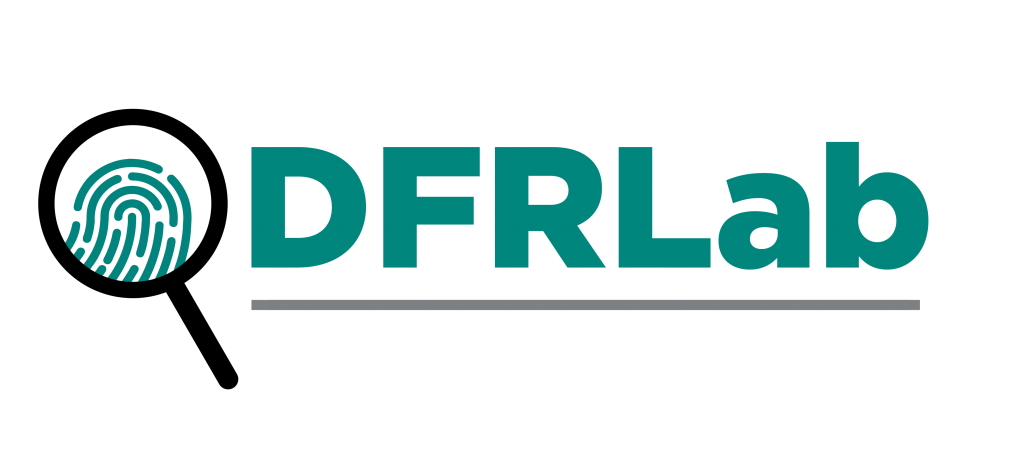We want to chat with you
Around the world, closed messaging apps are becoming the primary day-to-day personal communication platforms for conversations with friends, relatives, colleagues, classmates, and neighbors. Meanwhile, the United States lagged in adopting these closed messaging apps. Nonetheless, the number of closed messaging app users has grown in recent years. A great deal of their usage is driven by diaspora communities using said apps for keeping in touch with their friends and relatives abroad.
Political communities are flourishing in messaging apps. These apps are convenient for sharing news, engaging in discussions, and coordinating mobilizations. At the Atlantic Council’s Digital Forensic Research Lab (DFRLab), we want to understand how people engage in conversations about current events and political issues in WhatsApp groups and Telegram channels.
Are you participating in a community using a messaging app to exchange news and talk about what is happening? We’d love you to invite us!
If you share an invitation link for us to join your chat, we will be there observing the conversation. We will take notes about discussion topics, what formats people use, how much content is originally posted in the group, and how much is forwarded from other spaces. We will not record personal identification data such as names, phone numbers, private pictures, or precise location. Our goals is to understand how these new spaces for social conversations take shape.
Hablamos español. Así que también queremos que nos inviten a chats de las comunidades hispanohablantes en los Estados Unidos.
Tip line
For the Digital Forensic Research Lab’s encrypted messaging app disinformation research.

The Atlantic Council’s Digital Forensic Research Lab (DFRLab) has operationalized the study of disinformation by exposing falsehoods and fake news, documenting human rights abuses, and building digital resilience worldwide.
Follow the DFRLab on social media